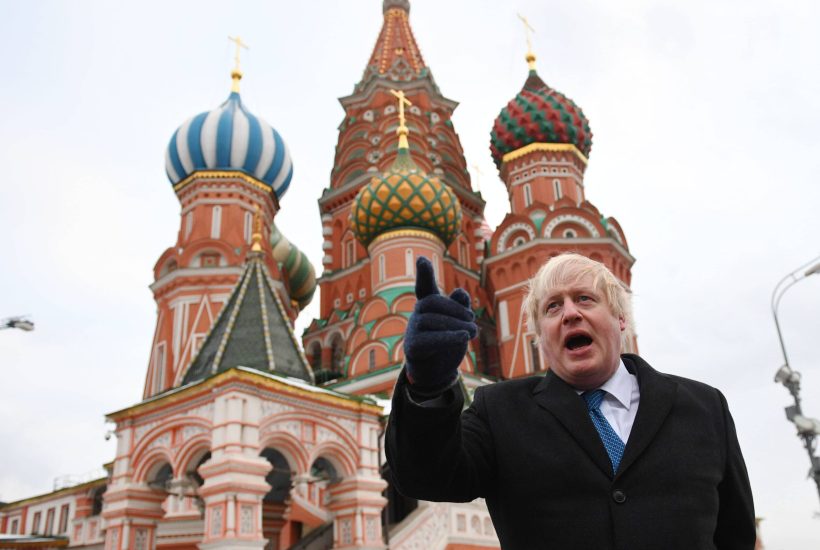Back in July the wedding of Boris and Carrie at Westminster Cathedral prompted Steerpike’s diligent colleague Robert Peston to ask a personal – but constitutionally important – question: is the PM a Catholic? As the head of government in a country with an established church, the Prime Minister and his office are intimately involved in deciding who runs the Church of England via his role in the appointment of bishops.
Already a subscriber? Log in
Subscribe for just $2 a week
Try a month of The Spectator Australia absolutely free and without commitment. Not only that but – if you choose to continue – you’ll pay just $2 a week for your first year.
- Unlimited access to spectator.com.au and app
- The weekly edition on the Spectator Australia app
- Spectator podcasts and newsletters
- Full access to spectator.co.uk
Or





















Comments
Don't miss out
Join the conversation with other Spectator Australia readers. Subscribe to leave a comment.
SUBSCRIBEAlready a subscriber? Log in